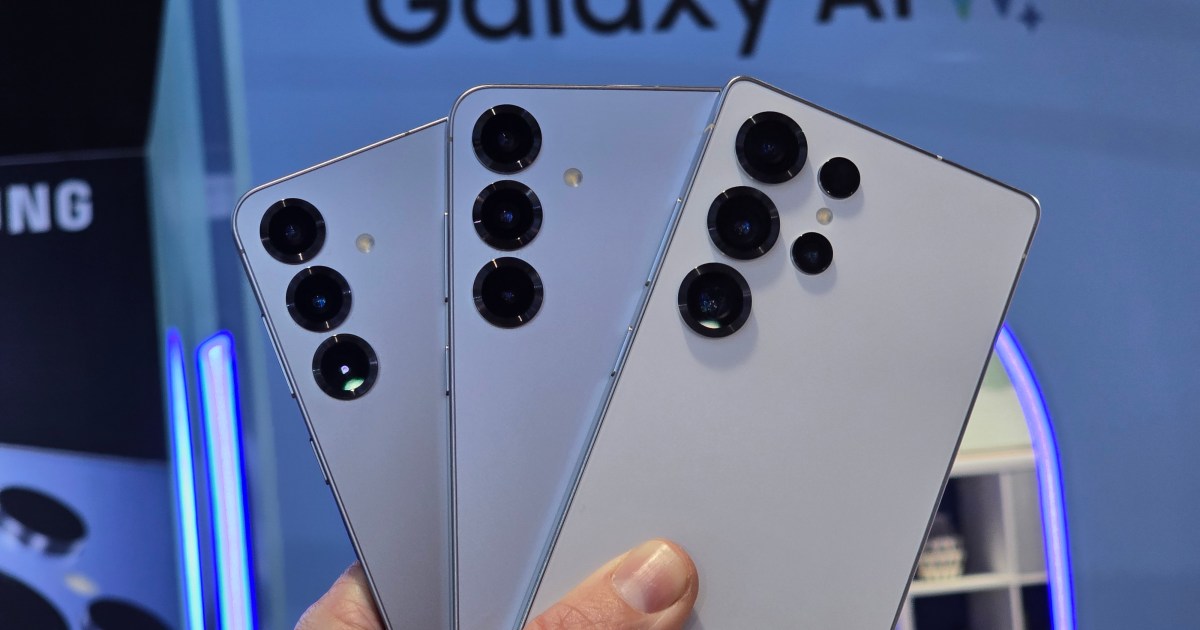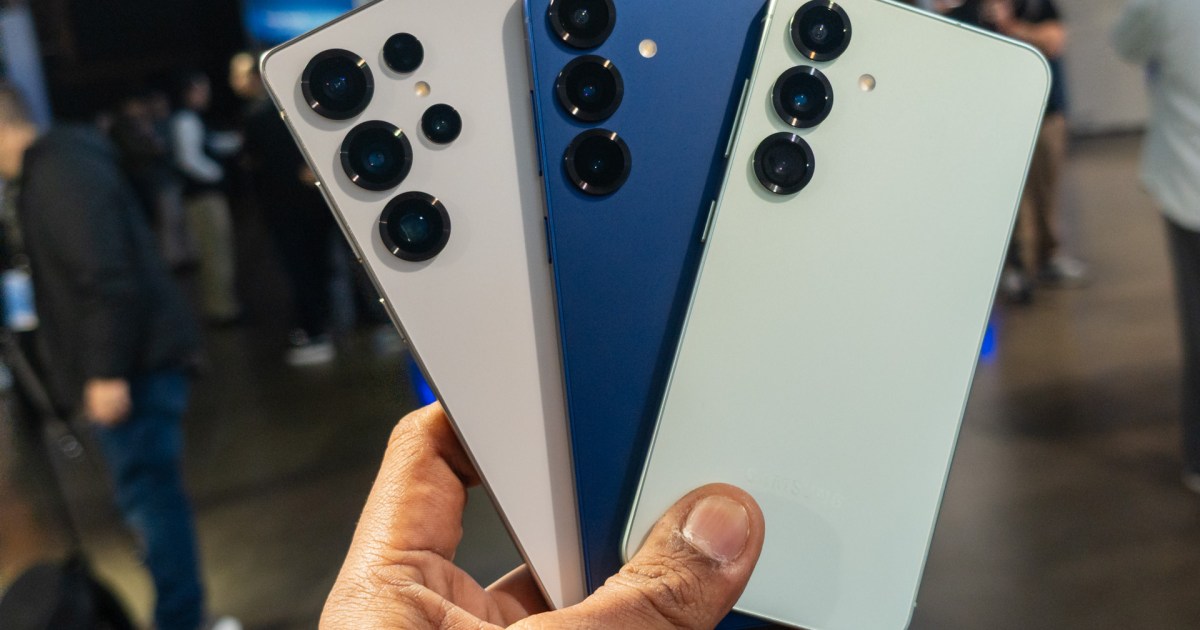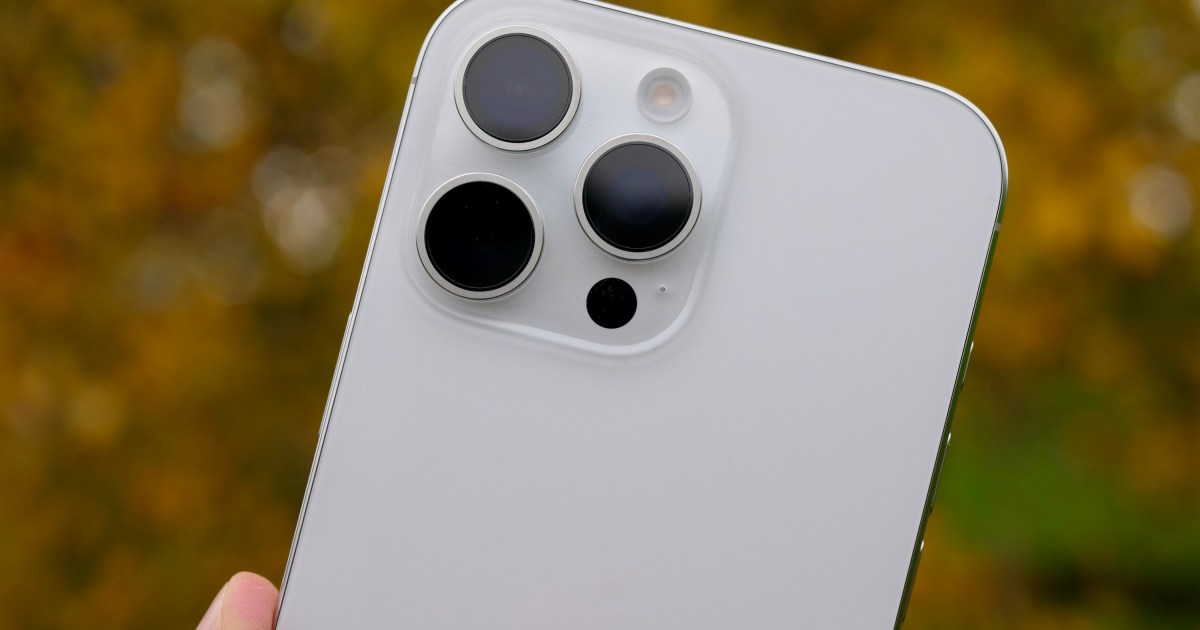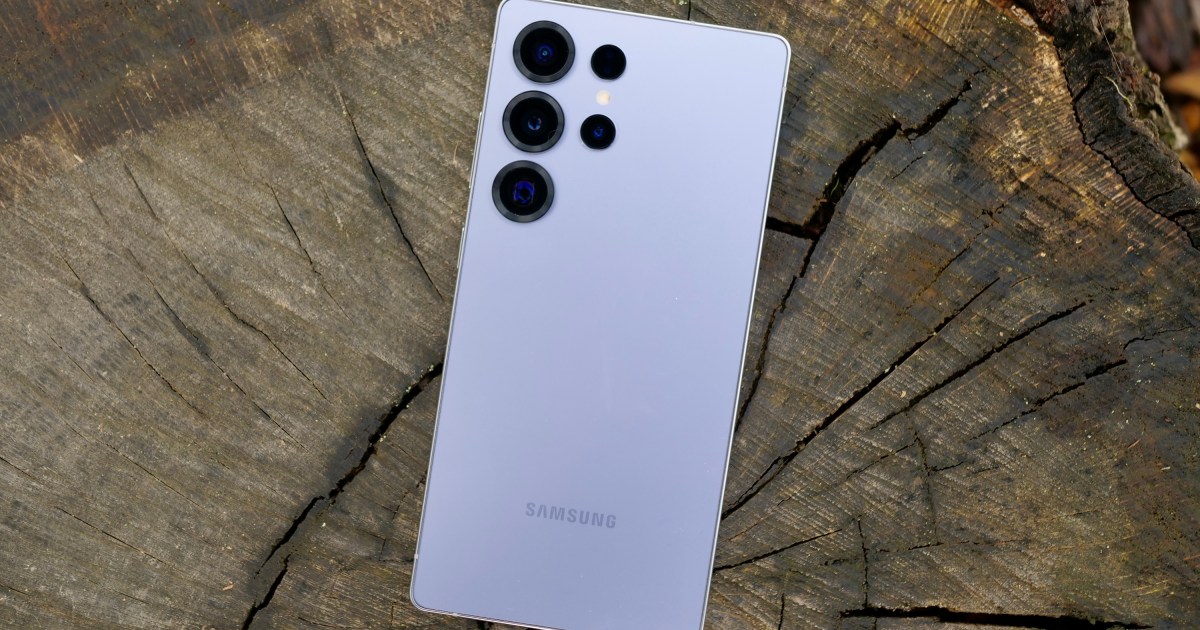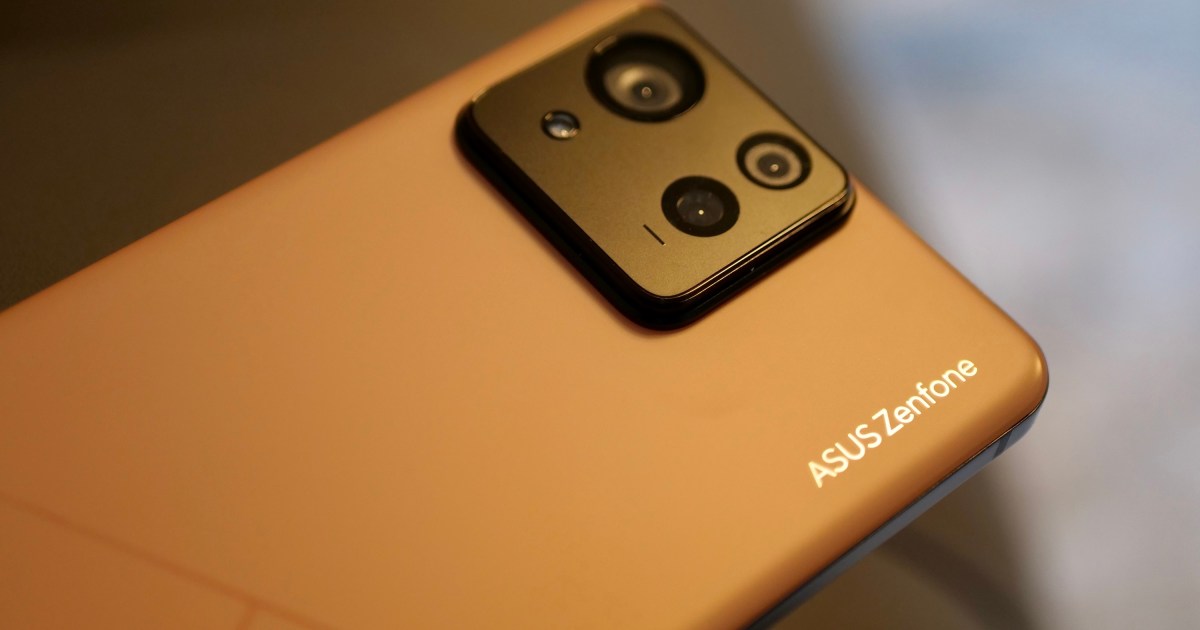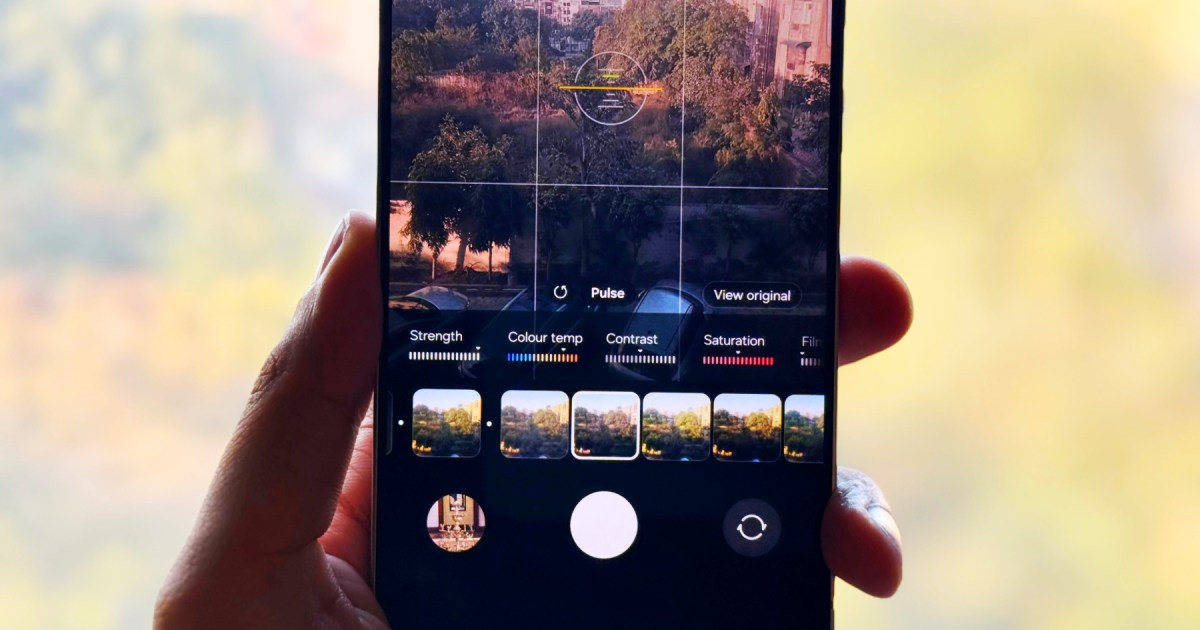Apple maintained its dominance in the global smartphone market throughout 2024, but Samsung achieved a significant breakthrough, ending a drought that stretched back to 2018. Counterpoint Research’s latest Global Handset Model Sales Tracker report (covering January to November 2024) reveals Apple’s strong user base despite the iPhone’s premium price.
The iPhone 15, iPhone 15 Pro Max, and iPhone 15 Pro secured the top three spots, respectively. The iPhone 16 Pro Max, iPhone 14, and iPhone 16 Pro claimed the fifth, eighth, and ninth positions. Remarkably, the only other premium phone in the top 10 was Samsung’s Galaxy S24 Ultra, a crucial milestone for the Galaxy S line.
2024 marked the first time in over five years that a Galaxy S series phone entered the global top-selling smartphone list. Counterpoint attributes the Galaxy S24 Ultra’s impressive sales to Samsung’s generative AI tools, which offer a unique user experience.
Galaxy AI: A Key Differentiator
Samsung was among the first smartphone manufacturers to emphasize generative AI experiences. Marketed as Galaxy AI, these features have been a central focus, further enhanced with the Galaxy S25 series launch earlier this year.
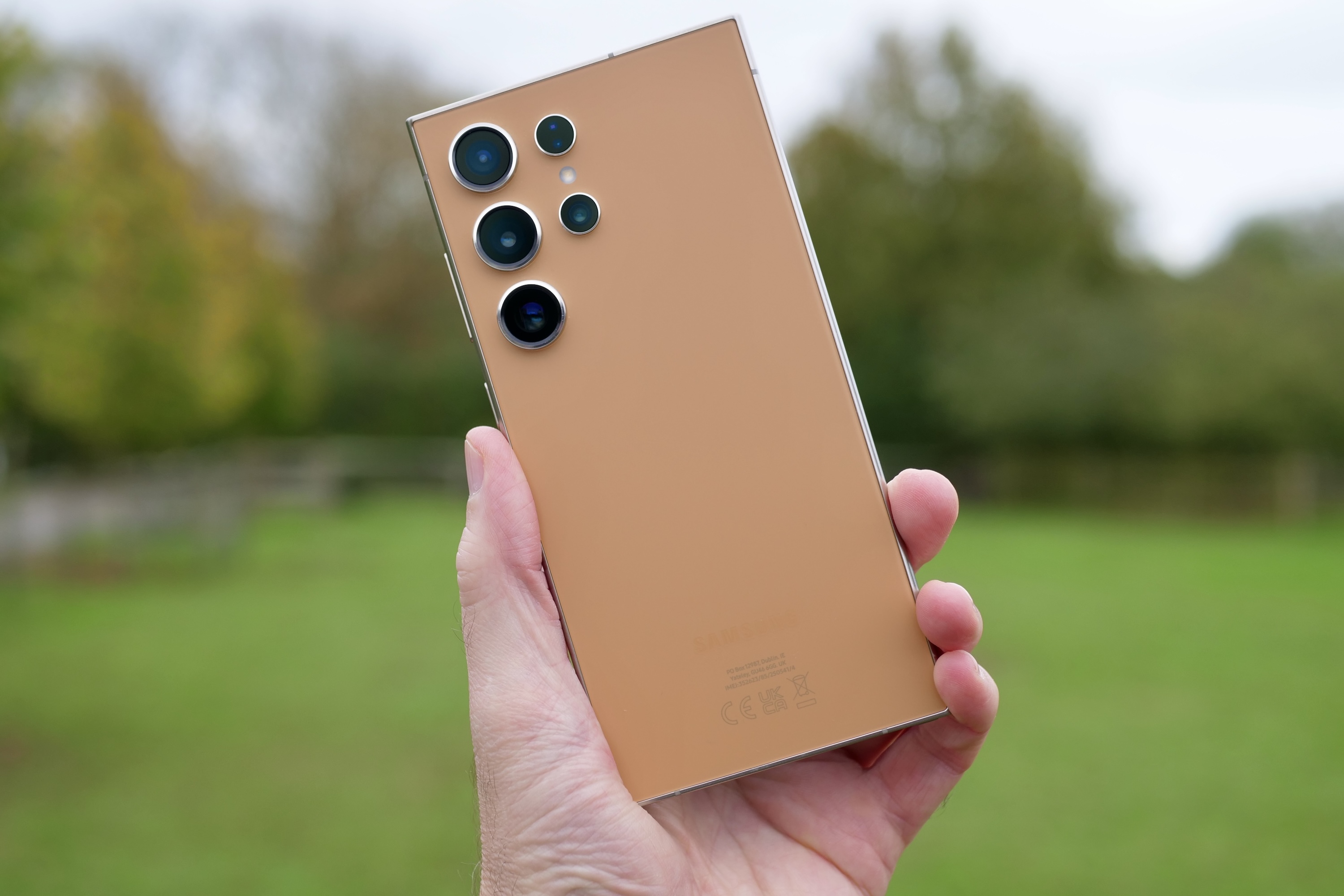 A person holding the Samsung Galaxy S24 Ultra.Samsung Galaxy S24 Ultra showcasing its AI capabilities. Image: Andy Boxall / MaagX
A person holding the Samsung Galaxy S24 Ultra.Samsung Galaxy S24 Ultra showcasing its AI capabilities. Image: Andy Boxall / MaagX
While generative AI on smartphones hasn’t been entirely revolutionary, with some features feeling gimmicky, several practical tools offer daily utility. “The growth can be attributed to it being the first smartphone with GenAI capabilities, generating significant consumer interest. Samsung’s emphasis on these innovative features has resulted in strong market performance and a first-mover advantage,” explains Counterpoint Research Analyst Harshit Rastogi.
Practical Applications of Galaxy AI
Samsung’s focus on accessibility, particularly live translation and interpreter mode, has been well-received, although challenges remain with local accents. “It’s designed to give people back time and make people’s lives easier. It’s technology to help you live a better life,” states Annika Bizon, Samsung’s senior director of marketing and omnichannel in the U.K. and Ireland.
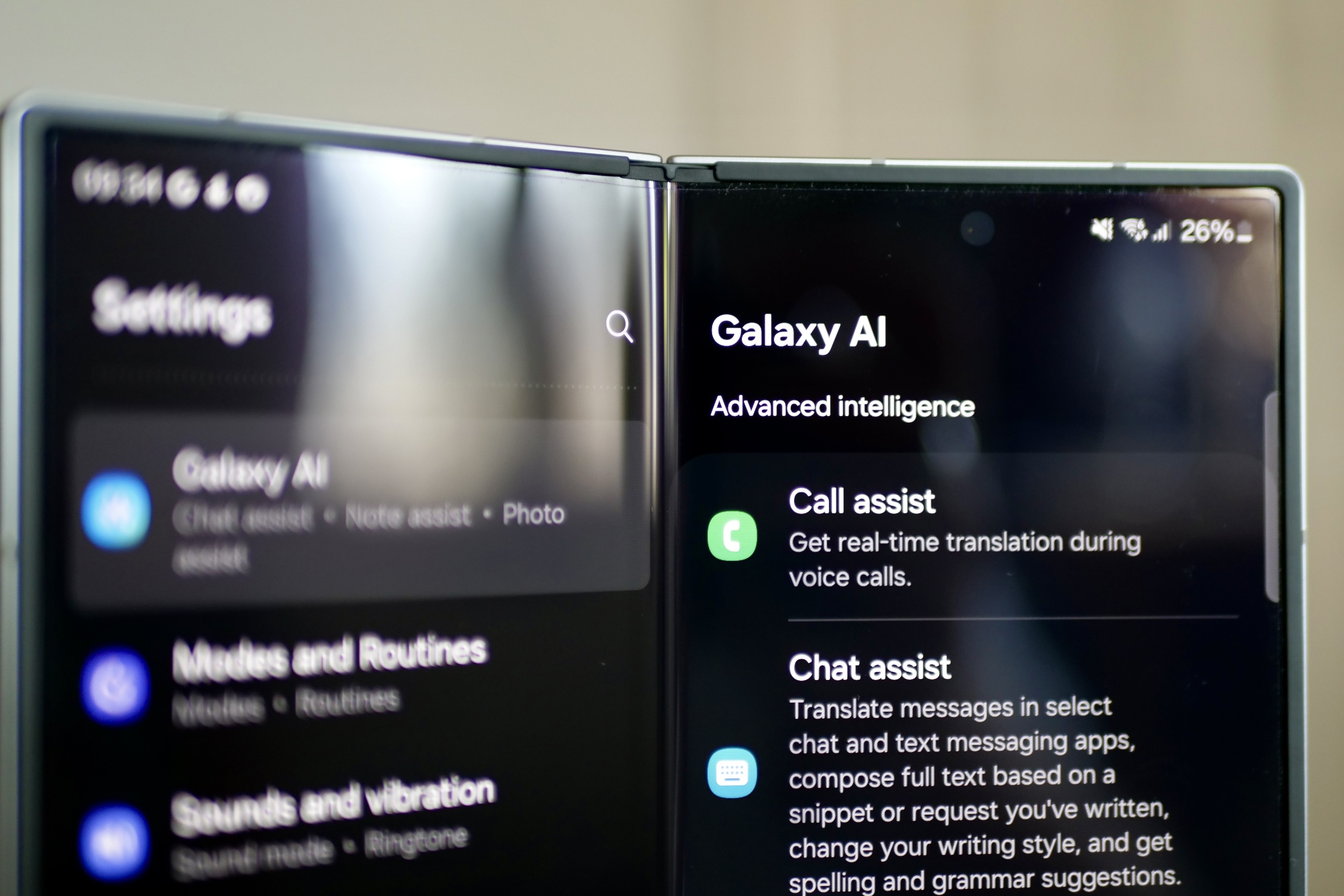 Samsung Galaxy AI on the Galaxy Z Fold 6.Galaxy AI features on the Samsung Galaxy Z Fold 6. Image: Andy Boxall / MaagX
Samsung Galaxy AI on the Galaxy Z Fold 6.Galaxy AI features on the Samsung Galaxy Z Fold 6. Image: Andy Boxall / MaagX
Galaxy S users also enjoy AI-assisted photo editing features. While Apple’s AI features, introduced later with Apple Intelligence, have been praised for accuracy in some areas, features like news summaries have faced criticism.
Expanding AI Capabilities
Samsung continues to expand its AI offerings. This year’s Unpacked event introduced Now Bar and Now Brief, providing updates on meetings, health stats, and quick controls.
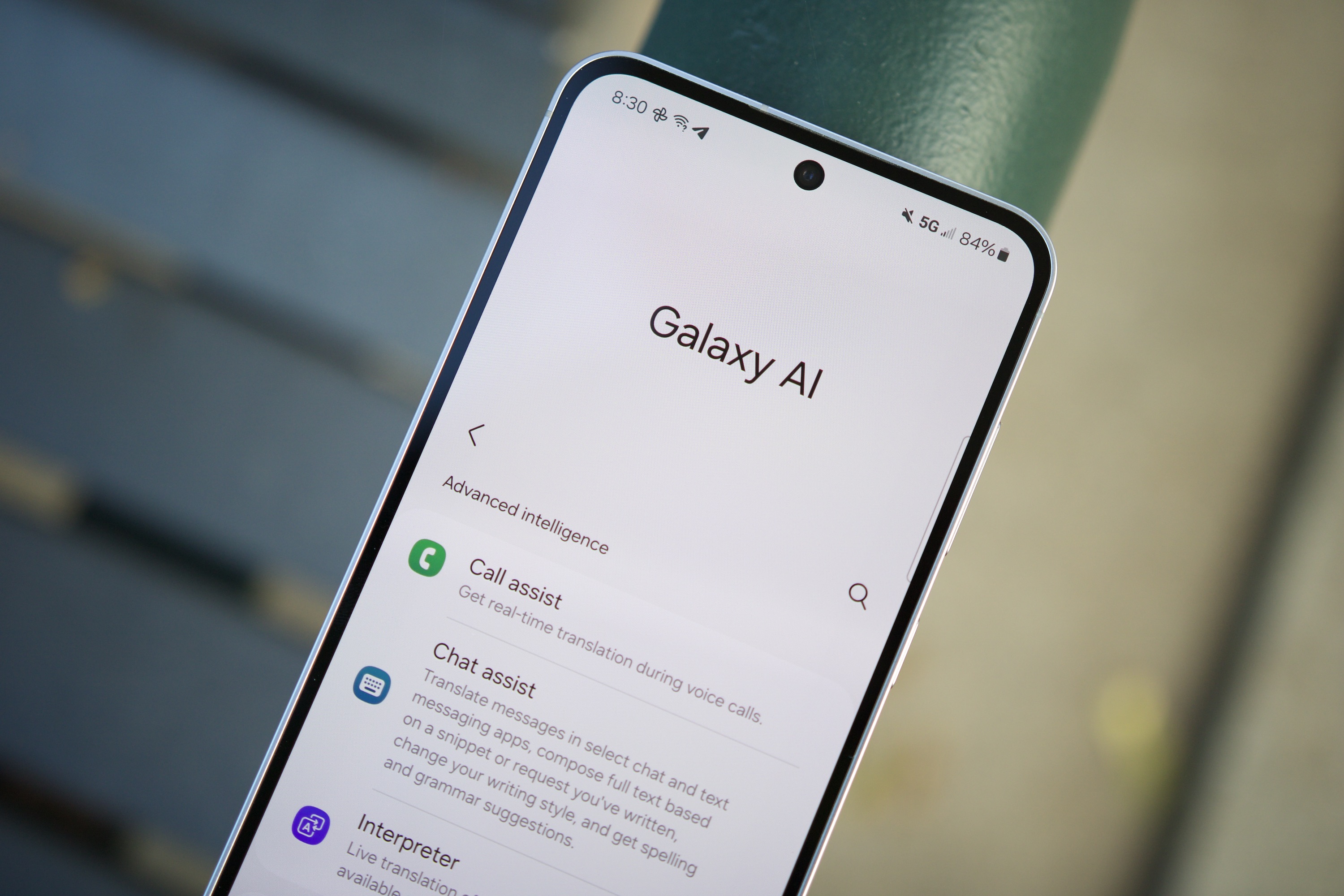 Galaxy AI settings page on the Samsung Galaxy S24 FE.Galaxy AI settings page demonstrating various AI features. Image: Joe Maring / MaagX
Galaxy AI settings page on the Samsung Galaxy S24 FE.Galaxy AI settings page demonstrating various AI features. Image: Joe Maring / MaagX
Call Assist and Chat Assist offer real-time translation for voice and text conversations, respectively. Browsing Assist summarizes web pages, while Transcript Assist offers transcription, summarization, and translation via the Recorder app. AI writing assistance is also available in the Notes app.
New features like Audio Eraser and Drawing Assist mirror existing functionalities in Apple’s ecosystem. Regardless of who introduced these features first, Samsung’s Galaxy AI focus resonates with Galaxy S buyers.
The Future of AI on Smartphones
“In terms of use cases right now, these writing assistants, AI writing, those kinds of tools are very helpful,” notes Tarun Pathak, Research Director at Counterpoint. While consumers haven’t fully embraced the entire AI suite, agentic AI could drive significant change in the coming years. Samsung’s early adoption and continued development of Galaxy AI has positioned the company well for this evolving landscape.



